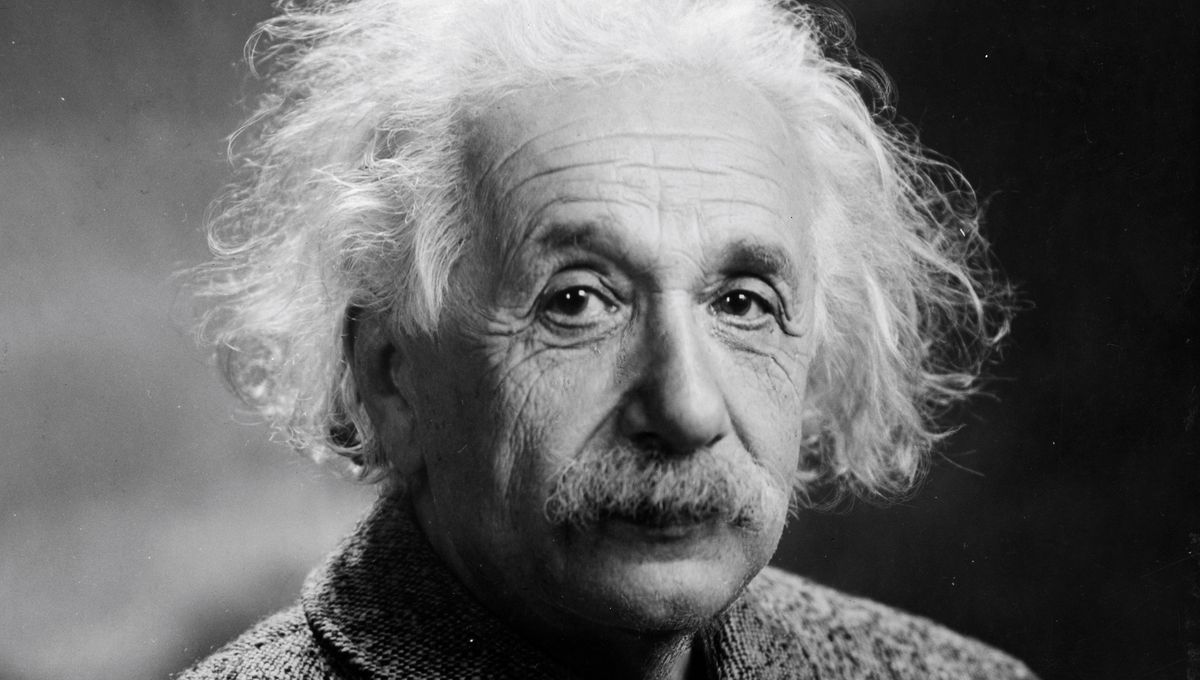
Albert Einstein has become synonymous with genius, but he was a person with qualities and flaws like any other. And like any other human, he made mistakes. For the great physicist himself, his greatest scientific mistake might not be one we would consider today. His biggest blunder, as he called it, was wanting the universe to stand still.
His view of the world pushed him to correct his equations, though he was wrong about making the correction. And yet, that correction has come back to help humanity understand the cosmos. But let’s start at the beginning. In 1915, Einstein published his theory of general relativity, going beyond the remit of his theory of special relativity. As sequels go, it can only be surpassed by Paddington 2.
This has become an all-encompassing theory of gravity and it does explain not just our universe, but universes that are very different from our own. But in the description of gravity he drafted for our universe there was a problem – at least in his view. Einstein and most scientists at the time believed that the universe was static: it had always been like this and it had never changed, at least on a large scale. The Milky Way has always been as it is and nothing is going to change it.
But when you plug numbers in to make our little galaxy eternal, something peculiar happens. Everything ends up in the same spot, collapsing into a black hole – something that also comes from the equations but had not been observed. The Milky Way is not collapsing, so to solve the philosophical clash Einstein added an extra parameter to the equation: the cosmological constant.
Now, the cosmological constant had no observational justification other than the fact that things were not all collapsing into a singularity. But it is not unheard-of in physics to propose the existence of something before observing it.
So, you have made up a physical parameter linked to something that might not exist? The best course of action might be to be open to suggestions and corrections. The problem is that Einstein got pretty touchy when challenged about it, criticizing – always incorrectly – and often insulting scientists showing that both Einstein’s own theory and observations started to contradict the idea. Within two decades, the consensus was overwhelmingly against him so he decided to abandon the cosmological constant, calling it his “biggest blunder”.
But the story has one final twist. In 1998, astronomers discovered that the universe’s expansion is accelerating. The mysterious invisible push has been given the name of dark energy. And guess what is the current best way to describe it in the equation of general relativity? A cosmological constant term! Not the one that Einstein had, but one nonetheless.
Maybe dark energy will turn out to be different and the equations will be changed, but the biggest blunder truly embodies the sentiment that errors are a portal of discovery.
[H/T: Big Think]
Source Link: Einstein's "Biggest Blunder" According To Einstein